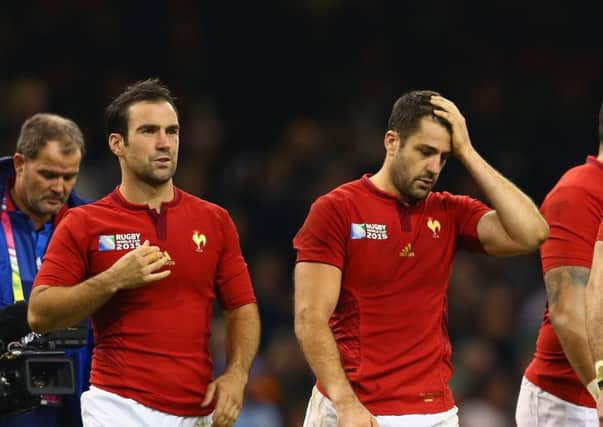Allan Massie: Northern exposure for Six Nations


The first reason, undoubtedly, is to be found in the decline of French and English rugby. The Big Two have been eclipsed in recent years by Ireland and Wales. Ten or a dozen years ago there were suggestions that the England-France match should always be played on the final day of the championship because it would probably be the title decider. Always presumptuous, the idea now seems absurd.
France may take some time to recover. French flair is a distant memory. France play poor rugby and their game is in a bad way. The Top 14 tends to be won by the richest clubs, those that can buy the best New Zealanders, Australians, South Africans and South Sea Islanders. French players take second billing, and avenues for young ones are closed or at least choked. Toulon have won the last two European Cups – with scarcely a Frenchman in their team. Meanwhile, much of the rugby in the Top 14 is dull stuff, adventure discouraged.
Advertisement
Hide AdAdvertisement
Hide AdEngland’s plight is less serious. They have what is almost a good team. In this year’s Six Nations they played some audacious rugby. Then in the run-up to the World Cup confusion seemed to set in, even panic.
It wasn’t clear how they wanted to play. To make matters worse, they no longer enjoyed their traditional dominance in the set-piece, and their back-row, though hard-working, was old-fashioned. Surprisingly, this didn’t seem to worry their coaching staff.
Wales came close to beating South Africa, but depended too much on Dan Biggar’s ability to kick goals. They lost players to injury but this made less difference than expected. The most serious were those suffered by their two outside centres, Jonathan Davies and Scott Williams. Without them, the Welsh back play was stereotyped. Welsh flair was as absent as French flair. Their giant backs –Jamie Roberts, George North and Alex Cuthbert – achieved little.
Ireland looked very good against France but were second best to Argentina. The absence of Paul O’Connell, Peter O’Mahony and Jonny Sexton, all injured against France, was a contributing cause, but a more important absentee was Sean O’Brien, suspended for punching Pascal Pape.
Almost every match showed the importance of having a voracious 7 and O’Brien was tremendous against France. Without him, Ireland came off second best to the Argentinians at the breakdown. That stupid moment of lost self-control cost Ireland dear.